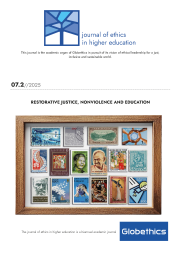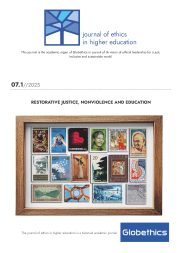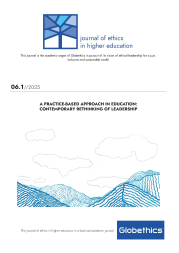Globethics joins UNESCO for the launch of the AI Ethics and Policy Network
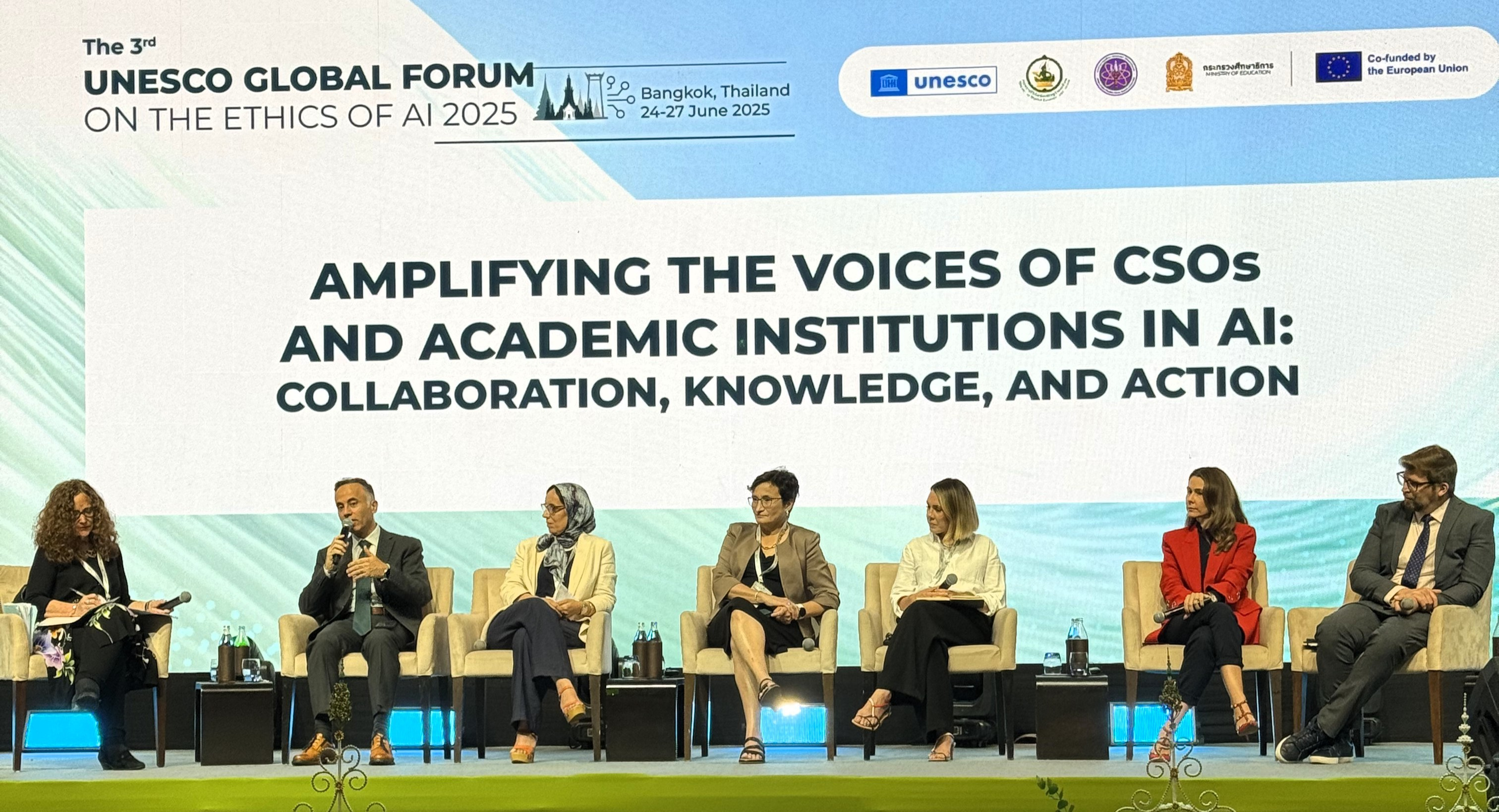
In a significant milestone for inclusive and ethical AI governance, today, 26 June 2025, the UNESCO 3rd Global Forum on the Ethics of Artificial Intelligence witnessed the launch of the Global CSO and Academic Network on AI Ethics and Policy. The new initiative, of which Globethics is a founding member, was unveiled during a high-level plenary session titled Amplifying the Voices of CSOs and Academic Institutions in AI: Collaborations, Knowledge, and Action, held on Day 2 of the Forum.
The session brought together influential thought leaders from civil society organisations (CSOs) and academic institutions across the globe to explore the critical role these actors must play in shaping AI ethics and governance. The session also featured the formal introduction of the Network’s initial work plan and an invitation for broader engagement.
The session’s central questions—about the needs and priorities of CSOs and academic institutions in global AI governance, and how the new Network can address them—sparked a rich and urgent discussion.
AI is not neutral: Shifting power dynamics demands empowerment
In his remarks, Fadi Daou, Executive Director of Globethics, emphasised the embedded power dynamics within AI systems: “AI is not a neutral technology—the debate around AI is deeply entrenched in power dynamics. To ensure ethical governance, we must empower civil society and academia to meaningfully and impactfully contribute to global AI policy.”
Globethics sees the UNESCO-backed Network as a crucial platform to address these barriers. Through collaboration, capacity building, and policy co-creation, the Network aims to elevate underrepresented actors in global AI debates.
As part of Globethics' ongoing effort to better understand how civil society organisations and academic institutions are engaging with AI governance, an ongoing survey of regional CSO and higher education networks is being carried out, the findings of which will be released in a policy brief during the Global Ethics Forum 2025. Preliminary results point to three major structural barriers preventing deeper engagement in AI governance:
- Lack of technical expertise and structural capacity
- Limited awareness and access to participation opportunities
- Insufficient financial resources
“These are not just technical gaps—they reflect structural inequalities,” Daou said. “More than political resistance or exclusion, it's systemic disempowerment that hinders voices from being heard.”
A network to co-create inclusive AI futures
As AI technologies reshape societies, economies, and political systems, the need to democratise governance processes has never been more urgent.
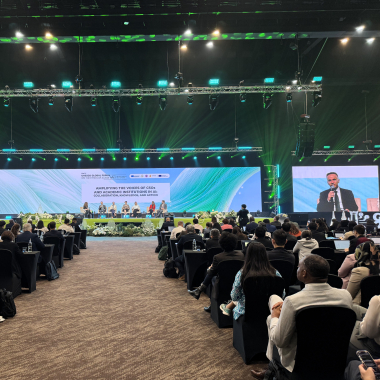
The launch of this Network marks a significant step toward embedding ethical pluralism and inclusive dialogue in international AI policymaking. The newly launched Global CSO and Academic Network on AI Ethics and Policy will act as a collaborative hub for sharing research, amplifying regional perspectives, and enabling civil society and academic institutions to shape international AI standards and norms. Globethics is honoured to support the empowerment of these institutions through capacity building in collaboration with the UNESCO Network.
The UNESCO Global Forum continues through 27 June, bringing together over 1,000 stakeholders to co-develop ethical frameworks and mechanisms for AI oversight, underlining a global commitment to technology that serves humanity—not the other way around.
